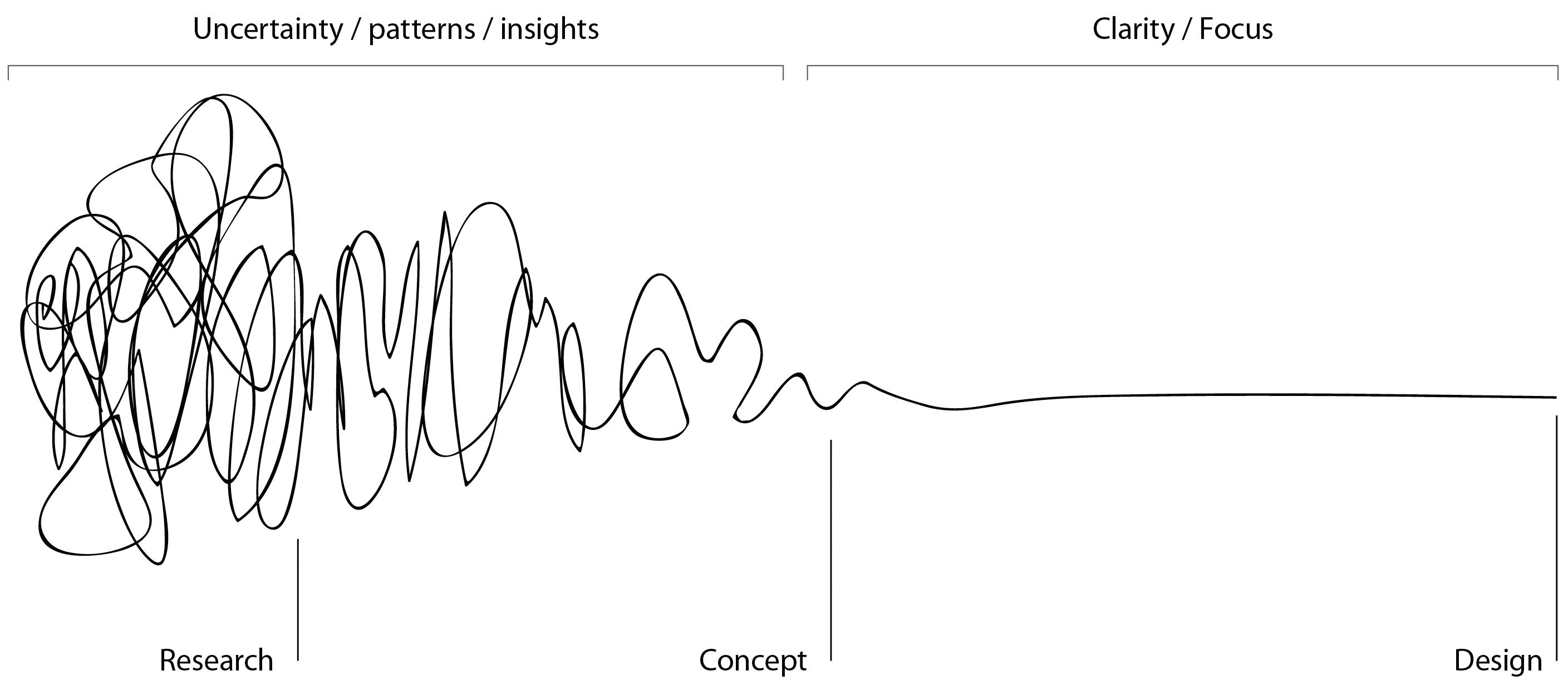DISCOVERY PHASE Literature Reviews and Expert Perspectives In the discovery phase of Shift Lab 2.0 we reviewed four literature areas: 1. 2. 3. 4.
Indigenous Ways of Knowing Racism Myths Anti-Racism Insights Behaviour-Change Science
IYINIW KISKEYIHTAMOWIN INDIGENOUS WAYS OF KNOWING
RACISM MYTHS
ewako iyiniw kiskinohamâkewitipahikestamâkewin/ nîkânîwin anita wîtatoskemitowak, omâmînomiwewak, ekwa mâmawinitowin owîtatoskemitowak kwayask kanisitohtahkik pakwâtitowin ôta amiskwacîwâskahikanihk/kihcihasotamâtowin nikotwâsik askiy.
“If only people would just _____.” This presumes people will act differently if they knew better. On the surface the sentiment is understandable. But it’s a tautology; people do as they are conditioned to and won’t “just” shift their behaviour at will.
We centred Indigenous scholarship/leadership in the stewardship team, advisors, and community core team members to better understand the context of racism in Edmonton/Treaty 6 Territory.
“Racism is a product of ignorance.” People who commit racist acts or hold racist beliefs are often highly educated. Today, nearly everyone has access to information to dispel ignorant beliefs, yet racism still persists. Knowledge and information alone do not prevent racism.
mihcet kîkwaya kâhisihayisinihkâtamak nehiyawihtwâwin ôta kitatoskewininaw namoya kwayask epimohtâtamihk, mâka înîsiwin kâhohcipayik ohci isihtwâwin kiskeyihtamowin namoya asime iteyihtahkwan. Many of the ways we centered Indigneous knowledge in the lab can’t be captured in steps and linear processes, but the wisdom that emerges is critical in informing how the Lab might engage with a) land-based practice b) ceremony and c) elder stories, all of which is essential to our triple helix methodology. We learned the importance of place and land-based practices and did our best to incorporate this into the Shift Lab. We centred Indigenous scholarship/leadership in the stewardship team, advisors, and community core team members to better understand the context of racism in Edmonton/Treaty 6 Territory. kikiskeyihtenaw ehispihteyihtakwak ayâwin êkwa askiy isihtwâwina ekwa kitahkameyihtenaw ôta kahastâyahk Shift Lab. We learned the importance of place and land-based practices and did our best to incorporate this into the Shift Lab.
20
We hired research experts in each area to gather insights from relevant literature and data to find leverage points. This evidence helped us design Shift Lab 2.0 and identify features required to tackle racism. We recognized the need to synthesize insights from the literature review into digestible chunks so future Core Teams could use them.
“Reverse racism is real.” Not really. Racism is predicated on power relations within a society. While white people can be individually discriminated against, as a group, white people in Canada generally do not suffer the repercussions of decades of policies, actions, attitudes, systems, and media portrayals that disrespect their humanity. That said, anti-racist policies should avoid privileging racialized Canadians at the expense of white Canadians. “Anti-racism is a “zero-sum game.” Here, the idea is that one person’s benefit is to another’s detriment. Racial quotas in hiring are often raised as evidence of this. Anti-racism praxis is, ideally, based on equity and human rights, and sees the elimination of “race” (and related factors such as ethnicity, skin colour) as any kind of determinant in a person’s fortune.





















